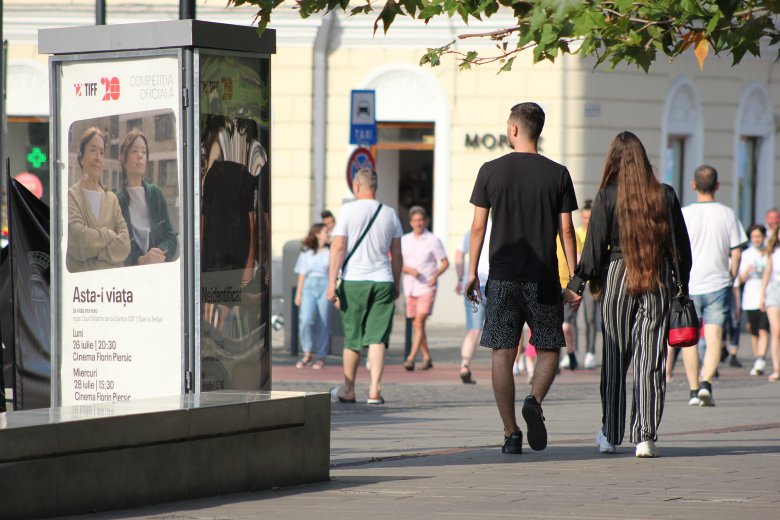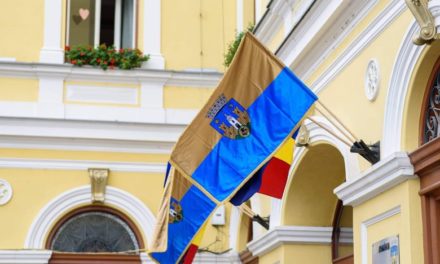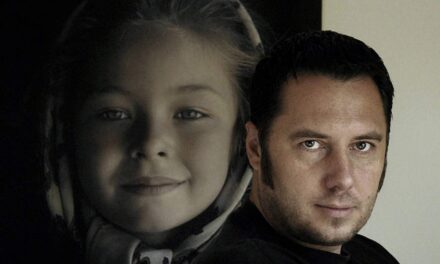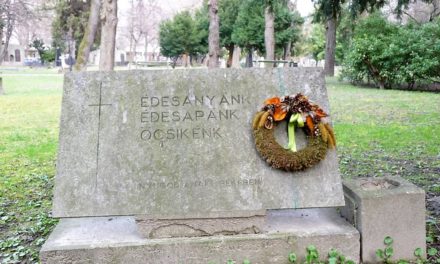Family, education and religion are important - The conservatism of Transylvanian Hungarians stems from their minority situation.
According to a survey, the vast majority of the Romanian population considers family, children, education, religion and Christian values to be really important, and almost one hundred percent of those who voted for RMDSZ define themselves as conservatives. Political scientist István Székely, executive vice-president of the association, believes that the conservatism of Transylvanian Hungarians stems more from the minority situation. Family, education and religion are important.
"The conservatism of Transylvanian Hungarians stems from their minority situation," says political scientist István Székely. The association's executive vice-president believes that the proportion of Transylvanian Hungarians who consider themselves conservative in relation to the international campaign on the rights of sexual minorities is the highest among the Transylvanian Hungarians, according to Avangarde's July survey. According to the detailed data sent to Krónika by the Bucharest polling company, 95 percent of those polled who voted for the Hungarian Federation represent the conservative position, and only 5 percent declared themselves progressive on this issue.
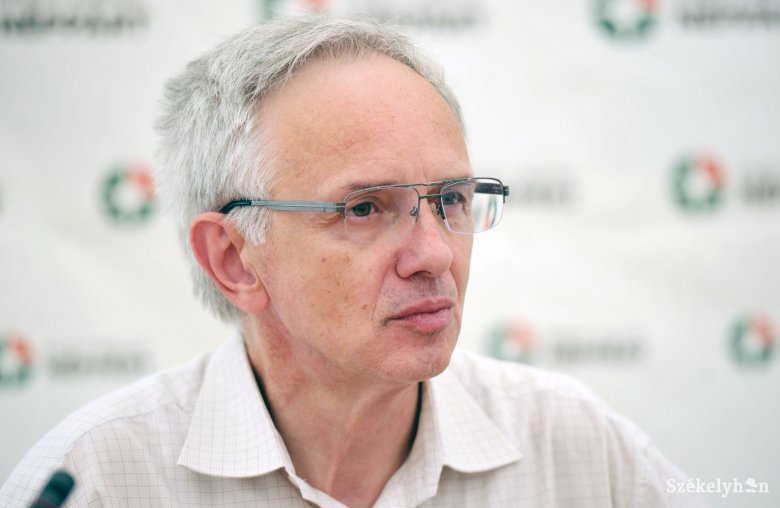
István Székely Executive Vice President, RMDSZ/Photo: István Beliczay
Political scientist István Székely, executive vice-president of the RMDSZ, explained that the acceptance of values that point in the direction of conservative political ideologies is really high among Transylvanian Hungarians: the national question, the relationship with the churches, the family and their cultural dimensions.
István Székely pointed out that the conservatism of Transylvanian Hungarians is primarily structural conservatism, because it largely stems from the minority situation, and all of this affects several areas of everyday life. The minority aspiration mostly points in the direction of the preservation of one's own identity and culture, the inherently conservative ideology: "keep it, keep it, let it be as it was before", so we can keep and pass on the national identity and culture we have inherited. "Of course, the lateness of social modernization and secularization also plays a role in such a high level of conservative values, although it is difficult to decide to what extent these are causes and to what extent they are effects," the analyst pointed out. He added that with regard to the churches, more thorough research would be necessary because it is likely that their priority support is not entirely for their religious activities, but also for their social involvement. Between the two world wars, the historical churches organized Hungarian education in Romania, and even now they deal with countless issues – education, culture, social policy, economic development – that are important to Transylvanian Hungarians. The role of religion in determining identity is also significant, since ethnic and religious separation are mutually exclusive.
The churches have a system of institutions that can be said to be independent, even autonomous, which in many cases is also present in settlements where the Hungarians do not feel that the majority institutions belong to them", underlined the analyst.
The left is not popular among Hungarians. According to Székely, the element of structural conservatism is the clear rejection of the past before 1989, because it was not only about the oppression of citizens and the violation of civil rights, but in the case of Hungarians, ethnic and nationalistic oppression was also added. It follows that the left is not particularly popular among Transylvanian Hungarians, and is marginal as a political trend.
The prominent role of the family also stems from the minority situation, which is reinforced by the fears arising from Herder's prediction of the decline and disappearance of Hungarians," the executive president pointed out. István Székely added that the willingness to have children in Romanian society clearly decreases as the level of education increases, but in the case of Transylvanian Hungarians, the opposite is true:
highly educated people usually plan and have more children than people with secondary education.
In response to a question, the political scientist explained that the problem is that social-institutional modernization is still considered a basic issue in our region, which conflicts more with the conservative perception and ideology than with the values of other ideological systems.
They reject the right of young people to choose their gender According to the survey, the majority of Romanians (51 percent) reject same-sex marriage and the possibility of adopting a child (55 percent). 24 percent of those surveyed agree with allowing marriage, and 20 percent with adoption. The majority (60 percent) strongly rejects the right of 16-year-olds to choose their gender, while only 12 percent are permissive.
When asked what they consider really important, 93 percent of Romanians named the family. Children 87, education 73, religion 51, Christian values 46, the church 44, traditions 42, the army 39, the country (Romania) 36, the state 31, the rights of sexual minorities were considered particularly important by 12 percent.
Source and original article: szekelyhon.ro
Featured photo: szekelyhon.ro/Jakab Mónika

